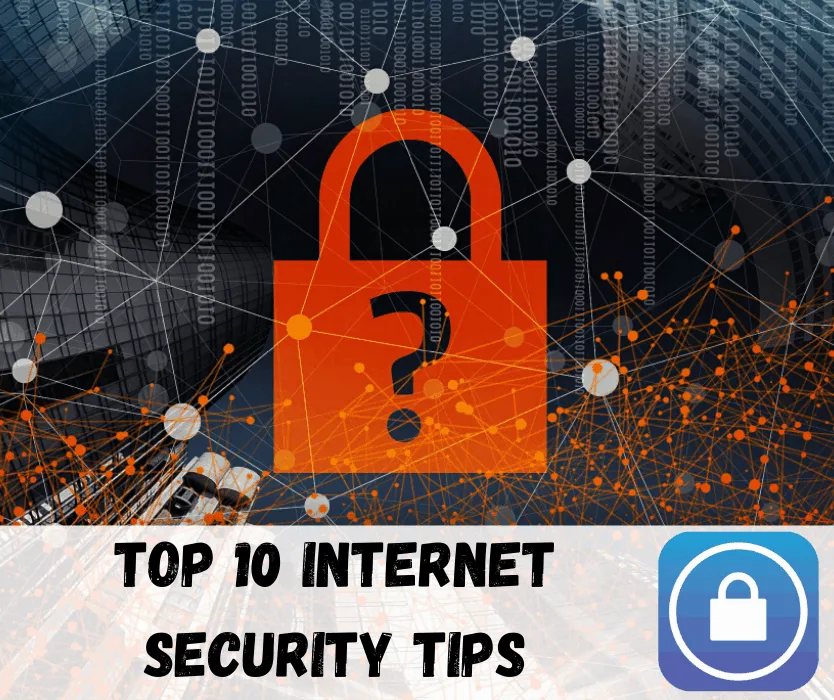Regardless of what protection systems you pay for, there are 10 quick steps you can take today to secure your online experience. Some of the tips might seem old hat, others might seem over-precautious, but most internet users are a few short steps away from being viciously compromised online. By following these ten quick tips, you can lower the odds of being maliciously targetted.
Change Your Password
Okay, this might seem a bit basic, but when was the last time you changed your passwords? We tend to think that we change them more frequently than we actually do. It is recommended that you change your passwords – particularly for email and banking – every 2-3 months. Also, try not to use the same password across all of your accounts. Changing your password might seem like a simple step, but if followed can be the single most effective way to protect yourself online.
Go Virtual with Ubuntu
Programs like ubuntu can create a virtual copy of your PC on different operating systems. This can serve as the ultimate backup, should your Windows or Mac Operating System becomes compromised.
While not necessarily a traditional solution to computer security, it can be incredibly effective. Ubuntu is based off on a Linux source code and is free to run. What is more, it can run on your machine side by side with your Windows or Mac OS. You can choose which OS you boot from when you start your machine.
Keep On Top of System Updates
System updates can be annoying with long loading times at inopportune times. However, not staying up to date can seriously weaken your system, making it vulnerable to attack. Usually, updates are sent out in response to new threats and discovered vulnerabilities. It is always a best practice to update as soon as new updates are available. Best of all, updating is FREE (and common sense)!
Practice Safe Social Media
Every social network has privacy settings that the user can adjust. The default settings are generally not the most secure. Unfortunately, most users are not aware of what this means.
Rather than erring on the side of being open until hacked, see how minimal the impact greater social privacy has on the overall user experience. Put your privacy settings up high and try it out for a while. Really, why do you need “friends of friends” to be able to see your post? If they are important enough, add them as a friend/contact!
Check eCommerce Digital Certificates
This is particularly important for online shoppers. If you frequently (or even occasionally) purchase items from web stores, checking for seals of authenticity is important. SSL certificates such as Verisign, GeoTrust, and RapidSSL are the most common, but eCommerce approval seals like Authorize.net are also signs that a site is on the up-and-up.
Avoid File Sharing
Sharing files over the internet and sharable networks may be convenient, but it also can pose a serious security risk. If you open yourself up to be seen by others, potentially malicious actors may take advantage of this. If you are sharing, be aware of what networks you are using and who has access to them.
Backup Your Files
If you cannot run a virtual OS like ubuntu, the next best thing is to use a backup service for your important files. At the very least, use one of the many free or low-cost cloud servers to store your files.
Services range in price depending on the size and scope of what you are backing up. If budget is an issue, identify the most mission critical systems and documents to your project/life/business and back these up first.
Keep Track of Who Uses Your Devices and Networks
This might also seem like common sense, but the more users you have on your networks and devices the greater your vulnerability. This is especially true when someone brings in a device from outside of your network and logs onto it. Viruses and other threats can be transferred even without malicious intent.
Following even a few of these tips can greatly increase your computer security and put your devices and networks above the majority of users.
Want to stay fully protected? Check out our Best Antivirus and Antimalware guides to see which are some of the best options available on the market right now.

